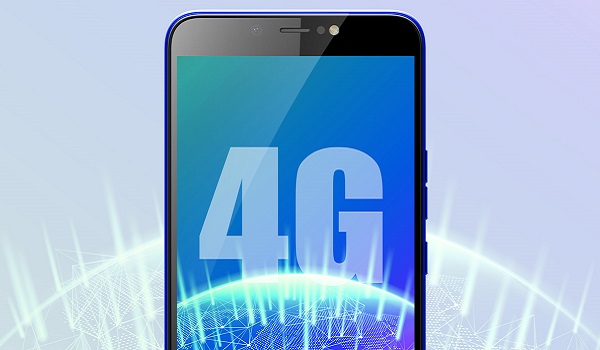The abbreviation LTE stands for Long Term Evolution. It is a 4G mobile internet standard based on GSM/EDGE and UMTS/HSPA network technologies, and delivers theoretical maximum speeds of up to 300 Mbit/s for downloads, and 75 Mbit/s for uploads. LTE can be deployed via mobile devices, as well as data dongles. LTE services have been available to the public since 2009, and has gained faster adoption in recent times.
The first LTE network in Africa was launched by Smile Telecom in Dar es Salaam, Tanzania. The second to be launched was by Namibia’s MTC (Mobile Telecommunications Company) in the capital city, Windhoek. In January 2011, GloMobile Nigeria made a lot of noise in the media about the launch of a 4G/LTE network that has turned out to be a ghost. Till date, a year and half later, there is no operational 4G/LTE mobile network in Nigeria. The question now is: Who will launch the first 4G LTE mobile network in Nigeria?
Why Mobile Broadband?
Do we need this technology? By all means, I believe so. We require true broadband, and LTE delivers true broadband speeds. Mobile broadband will empower students, teachers, doctors, and people across a wider range of professions and vocations to bridge further and more effectively the digital divide. LTE broadband will push the boundaries of e-commerce, creating a demand for new vistas of trade. Imagine what LTE broadband will do to e-learning. As an example, students can connect in real-time to watch lecture classes in universities in another continent, download study materials, and participate in online examinations with greater ease. The possibilities are limitless.
End Terminals

More and more LTE-enabled smartphones and tablets are being introduced into the market. LTE USB data dongles are already also available. What we require now are concerted efforts to deliver true broadband mobile internet to consumers across cities and towns around the country. The back-end capacity to deliver broadband via LTE is available, with a handful of submarine cables already active and under-subscribed. I don’t know about you, but I know that I could use much faster speeds than I am currently getting at the moment.
The question again is: who will bell the cat?
- Don’t miss our reviews.
- Follow our news on Google News.
- Join our WhatsApp Group, to be notified of the most important articles and deals,
- Follow us on Instagram, Facebook, Twitter, and YouTube.
Join the Mobility WhatsApp Group to be notified of the most important articles and deals: Join now
